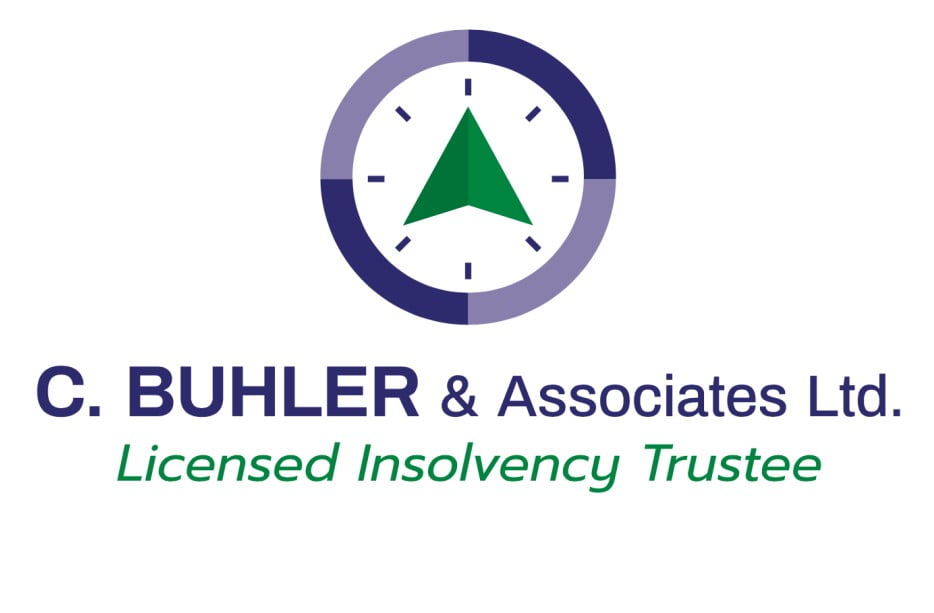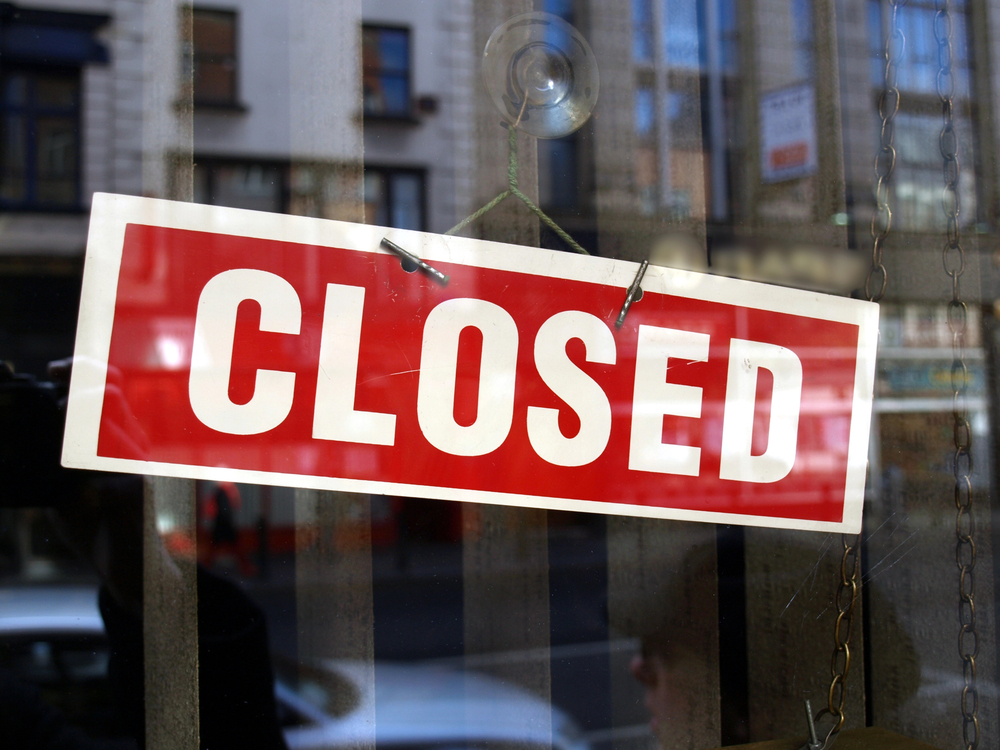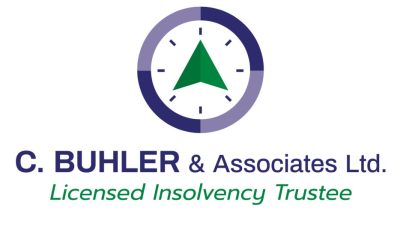The Government of Canada introduced the Canada Emergency Business Account (CEBA) during COVID-19. The CEBA program aimed to offer loans to small businesses and not-for-profits. These loans were available from over 220 financial institutions in the country. Eligible businesses and not-for-profits could receive interest-free loans of up to $60,000.
CEBA loan holders who have had to close their business after receiving a CEBA loan may wonder how this closure affects their loan repayment status. Below, we’ll analyze the conditions under which CEBA loans were offered, repayment options for CEBA loans, how subsequent business closure can affect those loans, and how various solutions, from bankruptcy to consumer proposals, can affect repayment status.
Understanding CEBA Loans and Business Closure
The Canada Emergency Business Account loan was made available to small businesses and not-for-profits; the goal was to provide an influx of cash to businesses that were impacted by the COVID-19 pandemic. There were three main factors that made the CEBA loan attractive to businesses:
- It was an interest-free loan.
- By repaying the balance of the loan on or before January 18, 2024, up to 33% of the loan ($20,000) would be forgiven.
- To qualify for the loans, many financial institutions dropped the stringent loan approval process, allowing businesses who, in normal circumstances, would not have qualified for loans, to qualify.
As of January 19, 2024, an interest rate of 5% per annum was applied to any outstanding amounts owed on CEBA loans; additionally, CEBA loan forgiveness was no longer available. For businesses who have not repaid their CEBA loans in full, the interest on these loans can be substantial, and many businesses have tried to repay their CEBA loans as quickly as possible to avoid paying the 5% interest rate.
There are several options available to businesses looking to pay off their CEBA loans, from dipping into savings to borrowing from a line of credit. With the Bank of Canada Prime rate currently higher than 5%, it is difficult to find options charging less than 5% per annum.
Generally, businesses that owe money for a Canada Emergency Business Account (CEBA) loan will continue to owe that money even if their business closes. There are some exceptions to this rule; we’ll cover those in greater detail in the following two sections. Next, let’s look at the impact of business closure on CEBA loans and what business owners can do to reduce their debt.
Impact of Business Closure on CEBA Loans
Business owners with sole proprietorships or partnerships will owe the balance on the CEBA loans personally when their business closes. This occurs because the owners are liable for their businesses’ debts, when it operates in these business structures. Conversely, the owners of corporations are not liable for the CEBA loans, unless they have personally co-signed or guaranteed the debts, as the corporation is liable for its debts.
For business owners who operated as a sole proprietor or a partnership, this is one of the reasons why it was so crucial to pay off their CEBA loans by the January 18th, 2024 deadline. Doing so would have helped them qualify for loan forgiveness and eliminate the possibility of monthly interest payments and personal liability.
Unfortunately, now that the CEBA loan repayment deadline has passed, there will now be a 5% per annum charge on the outstanding balance of any CEBA loan, and the forgiveness provisions are no longer offered, which some business owners used to reduce their loan.
These terms can be a real blow to business owners; since sole proprietors and those operating their business as a partnership are now responsible for the debt, this will impact not only their cash flow (for the interest payments), but also their credit ratings and may decrease their ability to qualify for future credit, due to a high debt load.
As a business owner, your instinct may be to close your doors to protect yourself from having to repay the loan. Unfortunately, doing so will not protect you if you’re in a sole proprietorship or partnership. The CEBA loan must still be repaid, and even if you are able to afford the interest payments, you will be required to repay the full amount outstanding at the end of the interest only term. If you aren’t able to do so, the CEBA program is currently indicating that this debt will be assigned back to the federal government, at which point the debt will impact future benefits which you may be entitled to, such as Income tax refunds, GST cheques, and possibly government pensions.
If you find that you cannot repay your CEBA loan, or you are having difficulty with any of your loans or credit cards, a licensed insolvency trustee may be able to offer you other options, like credit counseling, bankruptcy and consumer proposals.
Bankruptcy and Consumer Proposals
If you cannot repay your CEBA loan, bankruptcy and consumer proposals are two options available to you through a licensed insolvency trustee.
A consumer proposal is a legally binding proposal administered by your licensed insolvency trustee. Under this option, your Trustee works with your creditors, and can negotiate an agreement for you to pay off a percentage of your debts. A Consumer Proposal can include credit cards, lines of credit, payday loans, and unsecured loans, like the CEBA loan— so long as you meet a number of conditions. One of those conditions is the ability to pay off at least some of your debts; another is that your debt, excluding your mortgage, doesn’t exceed $250,000.00
Small business owners who are not eligible for a consumer proposal may settle their personal liability for the CEBA loan through bankruptcy. Bankruptcy is a last resort, but it’s one that can absolve you of the need to pay off the entirety of unsecured debts, like the CEBA loan.
Potential Solutions for CEBA Loan Repayment
The first step to repaying your CEBA loan is to contact the financial institution that issued the loan. They may be able to offer repayment solutions or a more flexible repayment schedule. Full outstanding principal repayment for the CEBA loan is currently due on December 31, 2026.
Speaking with a licensed insolvency trustee is another excellent option. After analyzing your financial statements, business assets, and other factors, they’ll be able to propose a number of possible solutions for you. They may point you to organizations that offer financial support for small businesses or other debt-relief options.
After fully discussing your options, licensed insolvency trustees may recommend that you file a consumer proposal or file for bankruptcy by using the provisions of the Bankruptcy and Insolvency Act. Ultimately, the decision is up to you, and your consultation with our Trustee and team of debt specialists is free.
Conclusion
A small business owner facing CEBA loan repayment who can’t afford to repay his or her loan has options. You can speak to a licensed insolvency trustee today. For a free consultation, contact C. Buhler & Associates Ltd.





